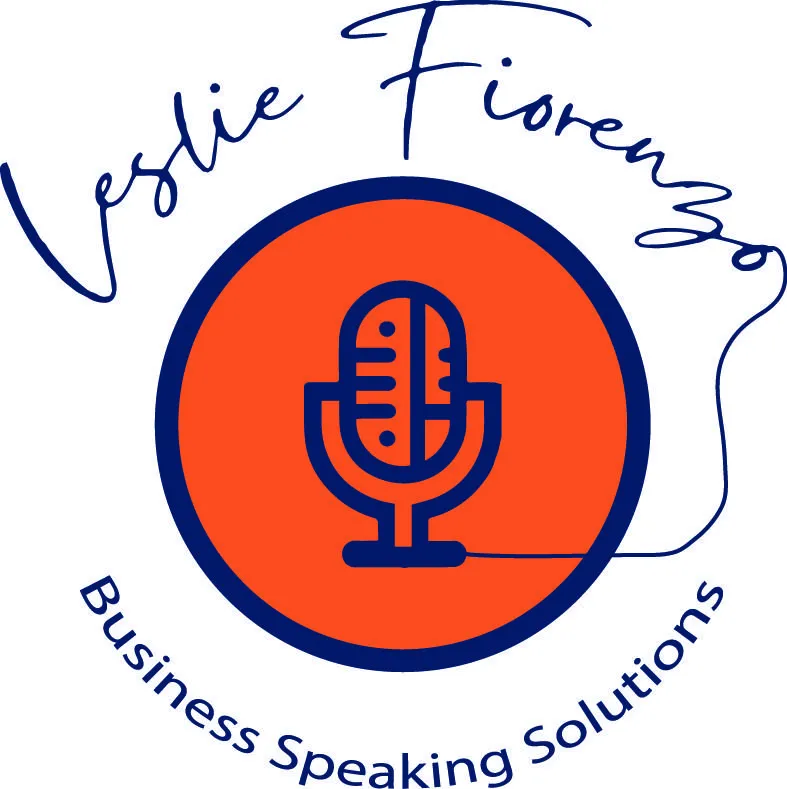
You Know Your Stuff. Now Say It Like You Mean It.
Coaching professionals to speak with confidence, clarity, and impact—in meetings, on camera, or on stage.
You're great one-to-one. But the moment the spotlight turns on—a client pitch, a team presentation, or a leadership meeting—your nerves take over. You freeze, fumble, or second-guess your message. You're not alone. And more importantly, you're not broken. You just need a process.
At Business Speaking Solutions, we help professionals become confident, compelling presenters. With the right tools and support, you'll stop second-guessing yourself and start showing up with purpose, poise, and presence—every time you present.
What Makes Us Different
Scale Your Confidence
You’re already good in conversations. Let’s bridge that gap by scaling your confidence. We help you show up just as powerfully in boardrooms, presentations, and networking events.
Master Your Mindset
True communication confidence goes beyond just learning techniques; it starts with how you think about yourself as a communicator. When you master your mindset you will reframe fears, eliminate negative self-talk, and build confidence from the inside out. This isn't about faking confidence—it's about developing a genuine belief in your own voice and abilities.
Fear-Proof Your Presence
Speaking with confidence means feeling prepared for anything that might come your way. You’ll learn how to handle the space, the audience, and the unexpected—so you walk in calm, centered, and fully in control.
Free Resource Callout
Want to get started right away?
Grab our free guide "Fearless Speaking Blueprint: Unlock Your Confidence with 5 Powerful Strategies"
Are We a Good Fit? You're in the right place if:
You know your content but struggle when the pressure is on
You’re tired of generic tips that don’t stick
You want to feel prepared, present, and powerful when you speak


